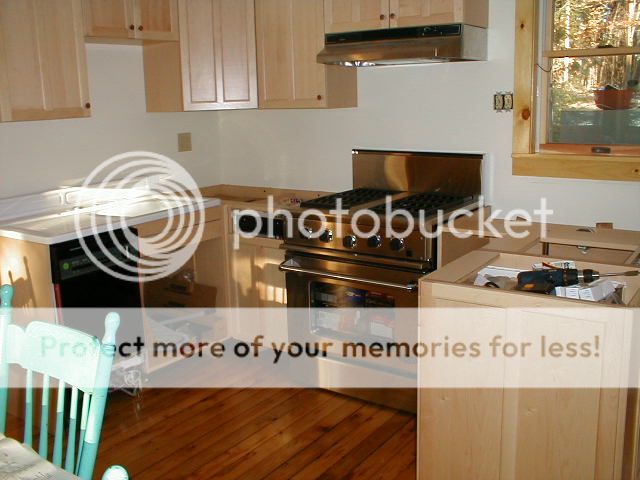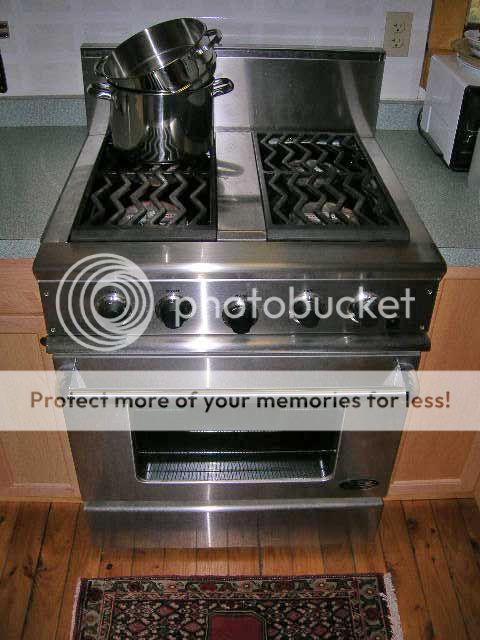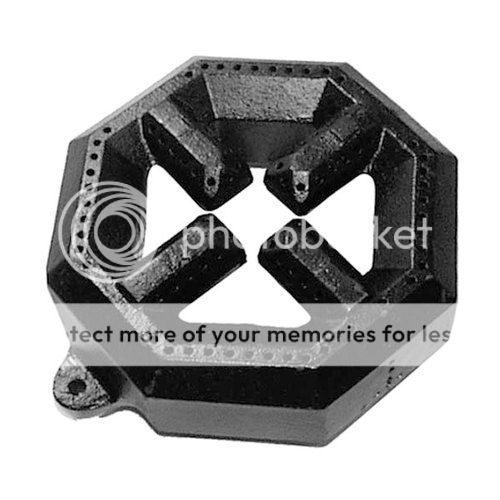Gas.
Power goes out, Just light it with a match. Bingo you can still cook, heat water, etc. In a dire emergency, you can even turn the oven up, open the door a bit, and keep the kitchen warm so you don't freeze. Just keep a fresh battery in your CO detector...
However, a good electric oven/range works just fine. I hope to find a house with gas, if not, I'll make do. To be honest I don't use the oven much, just the range and the grill
Power goes out, Just light it with a match. Bingo you can still cook, heat water, etc. In a dire emergency, you can even turn the oven up, open the door a bit, and keep the kitchen warm so you don't freeze. Just keep a fresh battery in your CO detector...
However, a good electric oven/range works just fine. I hope to find a house with gas, if not, I'll make do. To be honest I don't use the oven much, just the range and the grill











